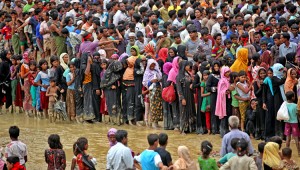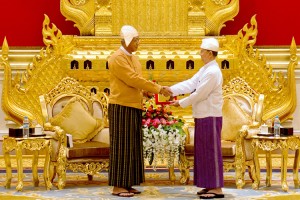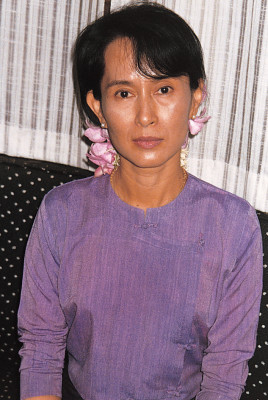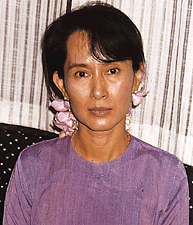World Refugee Day
Monday, June 20th, 2022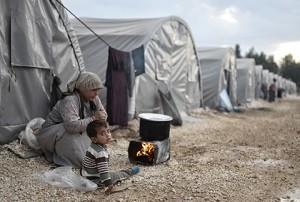
Syrian refugees numbering in the millions fled civil war in their country in the early 2000′s. Many were housed in refugee camps like this camp in Sanliurfa, Turkey.
Credit: © Orlok/Shutterstock
Today, June 20, is World Refugee Day. The United Nations designated the day to honor refugees from around the world. A refugee is a person forced to flee from his or her country and find safety elsewhere. Many refugees seek to escape persecution based on religion, nationality, membership in a social group, or political beliefs. Some flee from war, famine, or other dangers. Many refugees give up everything—home, possessions, and family and friends—to pursue an uncertain future in a foreign land.
The term refugee comes from the French word refugie, which was used to describe Protestant Huguenots who fled France in 1685 because of Roman Catholic persecution. The term displaced person, or DP, is sometimes used interchangeably with refugee.
The flow of refugees from one country to another can present major international challenges. Countries that receive refugees—often called host countries—may have difficulty providing shelter, food, sanitation, and medical treatment for large numbers of people in need. Since 1951, the United Nations High Commissioner for Refugees (UNHCR) has helped millions of refugees throughout the world. The UNHCR estimates there were nearly 89.3 million refugees, internally displaced people, and asylum seekers at the end of 2021. This number has increased in 2022 as a result of the Russian invasion of Ukraine as well as the ongoing crises in Afghanistan, the Central African Republic, the Democratic Republic of the Congo, Eritrea, Myanmar, Somalia, South Sudan, Sudan, and Syria. The Rohingya are a people of Myanmar who are not recognized as legal residents and are forced to flee the country for safety and rights.
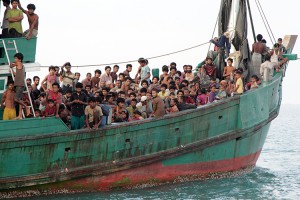
Rohingya Muslim refugees from Myanmar await rescue after being stranded off the coast of Indonesia. The government of Myanmar limited the rights of its Rohingya population in the 2010′s, leading an increasing number to attempt to flee the country. Myanmar’s government considered them illegal immigrants, although many Rohingya families had lived in the country for decades.
Credit: AP Photo
Under international law, governments in host countries must respect the basic human rights of refugees. Refugees, in turn, are expected to respect the laws and regulations of host countries. The shelter and protection that host countries provide to refugees is called asylum. In host countries, refugees generally have freedom of movement, freedom of religion, and the ability to pursue education and work. However, some refugees have no choice but to stay in crowded refugee camps. Refoulement—that is, the forcible return of refugees to countries where they face persecution—is a violation of international law.
Refugees often face many obstacles and hardships on their journeys. Salva Dut escaped from South Sudan on foot and faced many years in refugee camps before being welcomed in the United States. He works to bring clean water to his home country. Many refugees try to help the community they left in order to make the lives of others safer and healthier.
Many communities plan activities and events on World Refugee Day to support refugees and welcome them. Look up if your community is hosting an event or read about how you can help refugees in your neighborhood.

